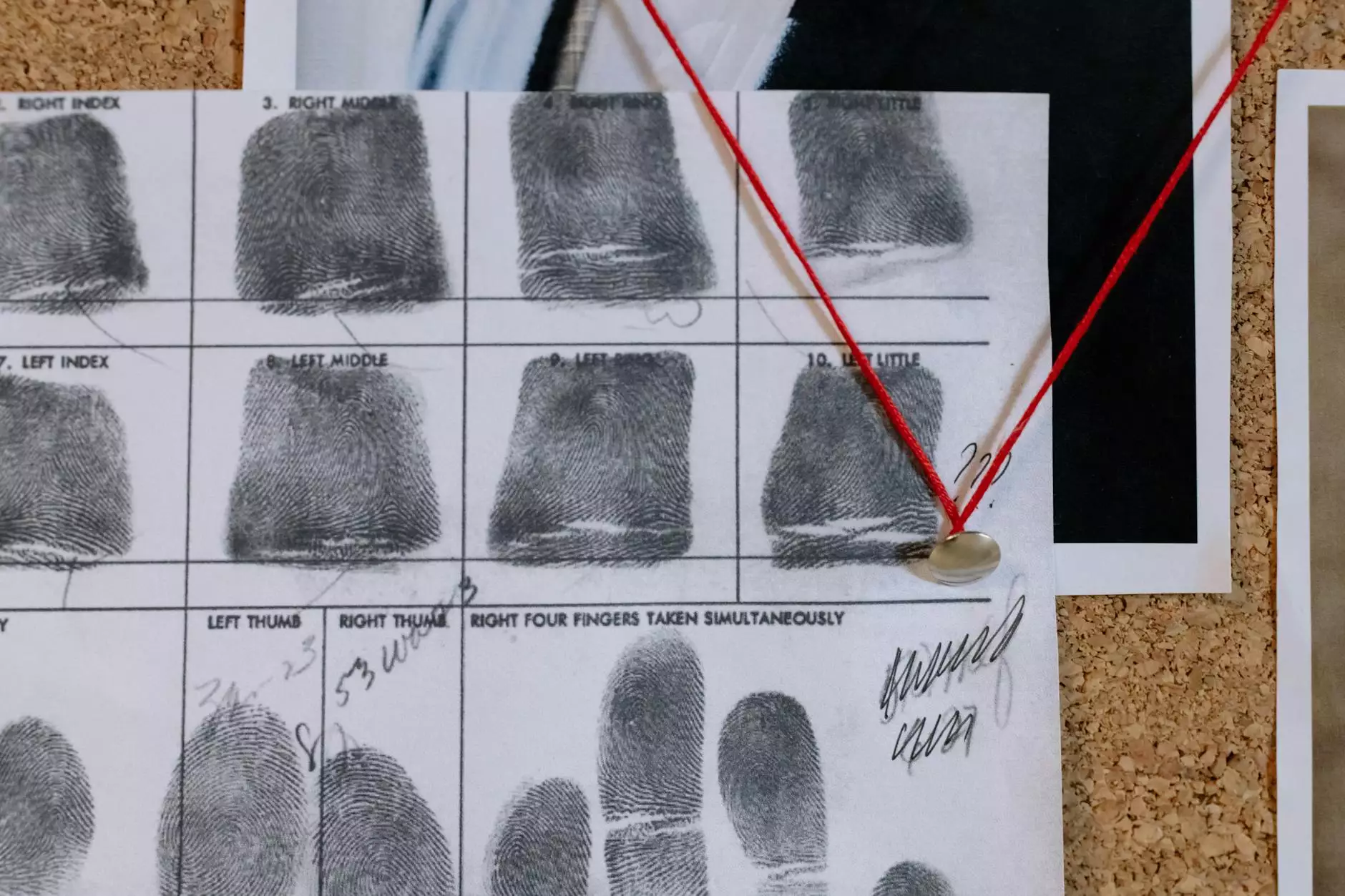Understanding the Risks of Credit Card Cloning: A Comprehensive Guide

In today’s increasingly digital world, the importance of maintaining financial security cannot be overstated. One of the significant threats to this security is the credit card cloned phenomenon, which affects millions of people and businesses annually. This article aims to provide an in-depth understanding of credit card cloning, from what it is to how it can impact individuals and businesses, particularly those involved in the sale of items related to fake banknotes, fake money, and counterfeit money.
What Is Credit Card Cloning?
Credit card cloning is a type of identity theft where a person’s credit card details are illegally copied and used to conduct fraudulent transactions without the cardholder's consent. Essentially, criminals create a duplicate card that is associated with the victim's bank account. This action can occur through various means, including sophisticated technology, data breaches, or simple theft.
How Does Credit Card Cloning Happen?
Understanding the methods of credit card cloning is crucial for prevention. Here are some common methods utilized by criminals:
- Skimming: Devices known as “skimmers” are often installed on ATMs or point-of-sale systems. These devices capture card information when a card is swiped.
- Data Breaches: Large companies, especially in retail or finance, can experience data breaches where hackers gain access to customer credit card information.
- Phishing: Fraudulent emails or websites can trick individuals into providing their credit card details.
- Mail Theft: Stealing mail that contains credit cards or sensitive information can lead to cloning.
Consequences of Credit Card Cloning
The repercussions of having a credit card cloned can be severe and multi-faceted. Let’s explore some of the consequences that victims may face:
- Financial Loss: The most immediate consequence is the potential financial loss. Victims may find unauthorized transactions on their statements, leading to significant monetary loss before the issue is resolved.
- Credit Damage: Fraudulent activity can harm a victim's credit score, leading to long-term implications for obtaining loans and credit.
- Stress and Anxiety: Dealing with the aftermath of credit card fraud can be incredibly stressful, leading to anxiety about personal security.
- Legal Complications: In some cases, individuals may have to deal with legal investigations to clear their names or finances.
Protecting Yourself from Credit Card Cloning
Prevention is always better than cure. Here are several strategies to protect yourself from credit card cloned situations:
- Use Chip Cards: EMV chip cards are more secure than traditional magnetic stripe cards, making them harder to clone.
- Monitor Bank Statements: Regularly reviewing bank statements can help catch fraudulent transactions early. Use mobile banking apps for real-time alerts.
- Be Cautious Online: Only enter your credit card information on secure websites (look for "HTTPS") and avoid sharing sensitive information via email.
- Enable Alerts: Most banks offer transaction alerts. Enable these notifications to receive immediate updates on your card’s usage.
What to Do If Your Credit Card Is Cloned
If you become a victim of credit card cloning, immediate action is crucial. Here are the steps you should take:
- Contact Your Bank: Notify your bank or credit card issuer right away. They can help you block your card and prevent further fraudulent transactions.
- Report the Fraud: File a report with the Federal Trade Commission (FTC) or local authorities, documenting the incident for future reference.
- Monitor Your Credit: Check your credit report for any unusual activity. Consider a credit freeze or fraud alert if needed.
- Change Passwords: Update passwords and security questions for online banking and any associated accounts.
The Impact on Businesses Handling Fake Currency
For businesses involved in the sale of fake banknotes, fake money, and counterfeit money, the rise of credit card cloning presents unique challenges. Here’s how the threat of credit card fraud can affect these businesses:
- Increased Scrutiny: Businesses dealing in currency—especially those that may involve counterfeit measures—are under constant scrutiny from law enforcement and must ensure rigorous compliance to avoid legal issues.
- Loss of Reputation: If a business is known for handling fraudulent transactions, its reputation may suffer, making it difficult to attract legitimate customers.
- Financial Risks: The cost associated with fraudulent purchases can lead to significant financial losses, and businesses may find it hard to recover these sums.
- Need for Enhanced Security Measures: Businesses must implement advanced security protocols to protect themselves and their customers from fraud.
Conclusion
The reality of credit card cloned incidents cannot be ignored in today's society. Awareness and education are paramount in combating this pervasive threat. Individuals can protect themselves by understanding the methods criminals use and implementing preventative measures. For businesses, especially those involved in the sale of fake currency or similar products, the implications can be profound. Adopting robust security practices is essential for maintaining integrity, reputation, and financial stability. By being informed and cautious, consumers and businesses alike can navigate the complexities of credit card security in an increasingly digital marketplace.









